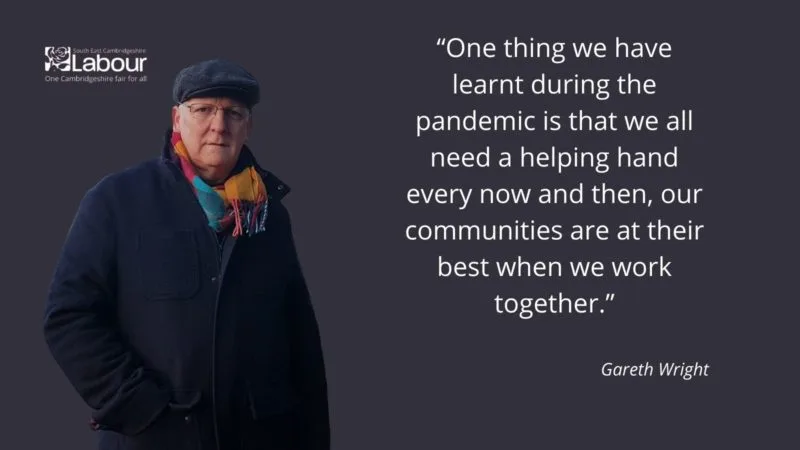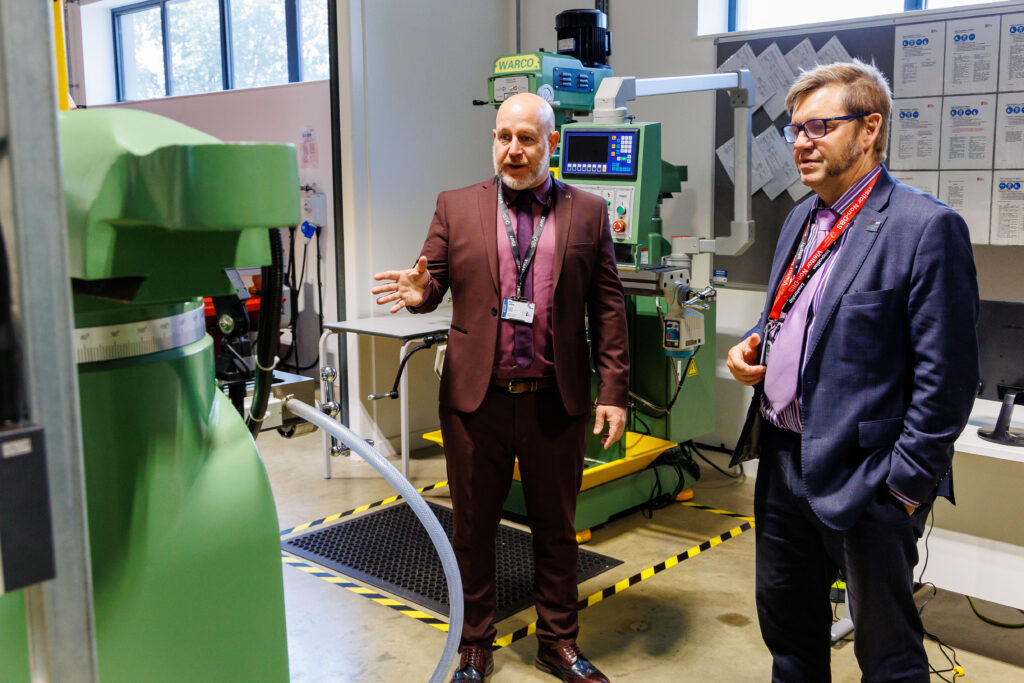This week in parliament the health secretary Steve Barclay announced his emergency care recovery plan.
Amongst the measures in his statement, he triumphantly announced a desire to see category two ambulance response times, those covering strokes and heart attacks, down to 30 minutes by March next year.

This is almost double the current target for these patients which stands at 18 minutes.
I just voted against the Tories’ plans to threaten nurses, paramedics and other key workers with the sack. pic.twitter.com/RAiM8f9Q2Z
— Wes Streeting MP (@wesstreeting) January 30, 2023
Labour’s Wes Streeting replied that this was unacceptable, instead of hitting their targets, ministers were moving the goalposts!
It is an indication of just how far the NHS has fallen under this Tory government that a failure can be treated as a triumph.
NHS care in the comfort of our own home can be better for patients, but unless it is supported by staff it’s less ‘hospital at home’ and more ‘home alone’.
Conservatives have halved the number of district nurses.
Labour will double the number of district nurses qualifying. https://t.co/bjfiUf4dqB
— Wes Streeting MP (@wesstreeting) January 31, 2023
For those treating strokes the mantra is “time is brain”. The longer the brain is deprived of Oxygen the worse the outcome for the patient.
- Number of neurons lost per minute- 1.9 million.
- Benefits of treatment fall with time.
- Delays can result in patients being ineligible for treatment.
The numbers casually thrown around by the health secretary are not just figures on a spreadsheet, they determine a patient’s future and, in some cases, whether they live or die.
We may have a new prime minister, but nothing has changed. Promises are repackaged and rebranded to make them appear new, figures manipulated to make less appear more.
Sticking plaster policies will not help those in need and will not solve the crisis in the NHS.
https://www.ahajournals.org/doi/10.1161/01.str.0000196957.55928.ab
FOOTNOTE
Gareth has been involved with the local Labour party for several years, standing as a council candidate in Waterbeach and Milton.
He has worked in the NHS for more than 30 years and remains, he says, “a passionate supporter of the health service”.
GOVERNMENT STATEMENT
The NHS and the government’s blueprint aims to help recover urgent and emergency care services, reduce waiting times, and improve patient experience.
The government says frontline capacity will be boosted further thanks to 800 new ambulances, including 100 specialist mental health vehicles, and 5,000 more sustainable hospital beds backed by a £1 billion dedicated fund.
“The two-year delivery plan for recovery comes amid record demand for NHS services, with the latest data showing more A&E attendances than ever before, growing numbers of the most serious ambulance call outs, and millions of NHS 111 calls a month over winter,” said a government statement.
“These ambitions represent one of the fastest and longest sustained improvements in emergency waiting times in the NHS’s history.”























